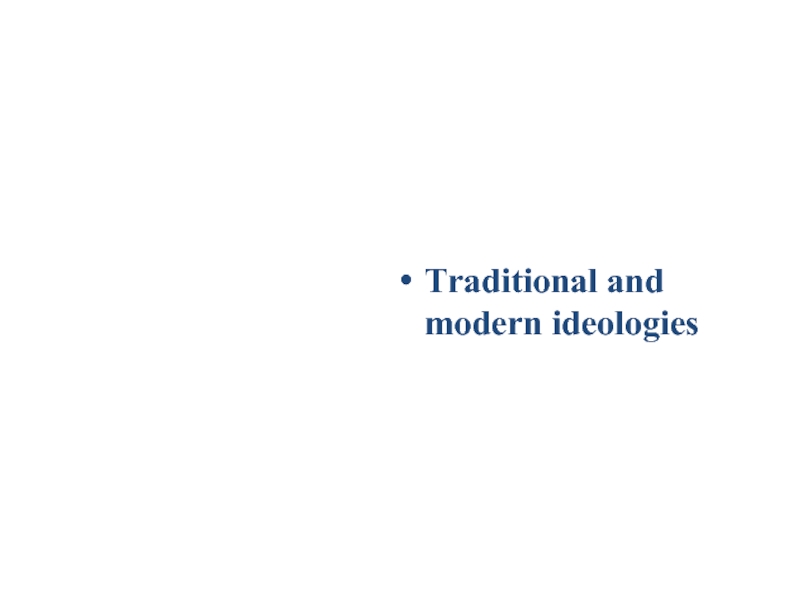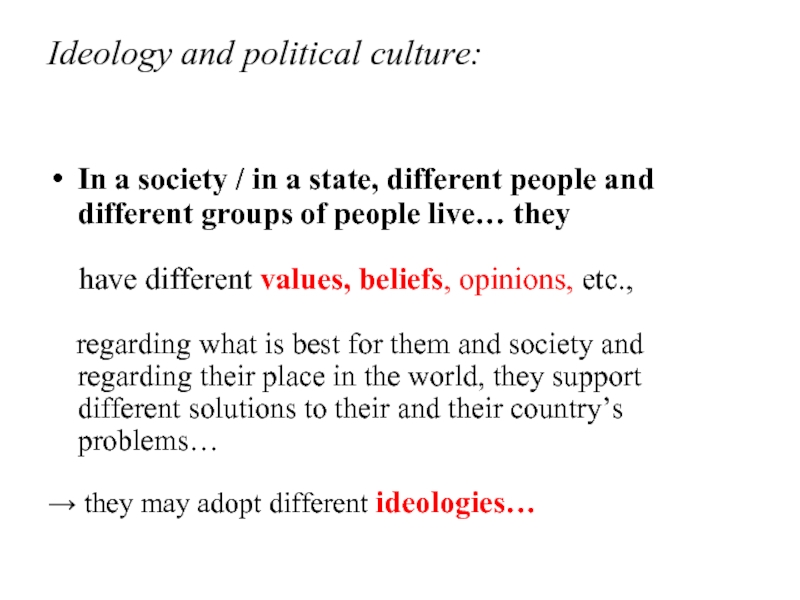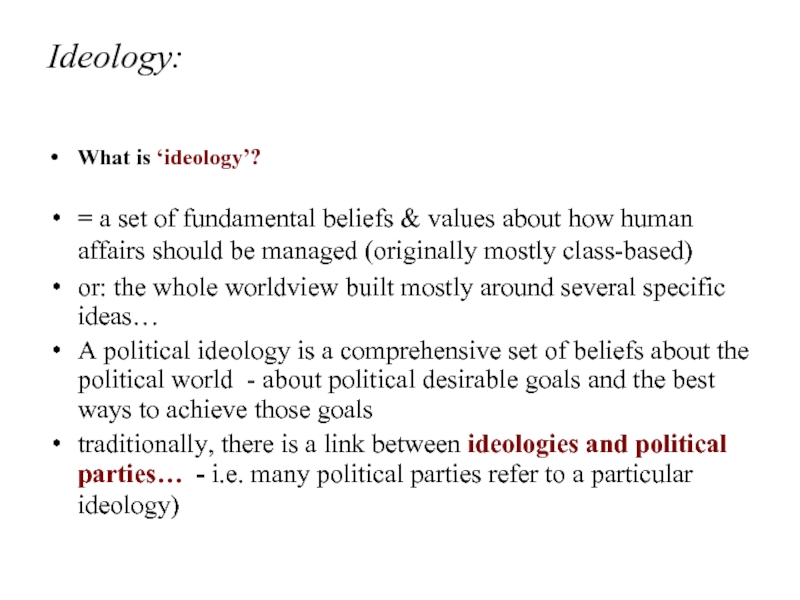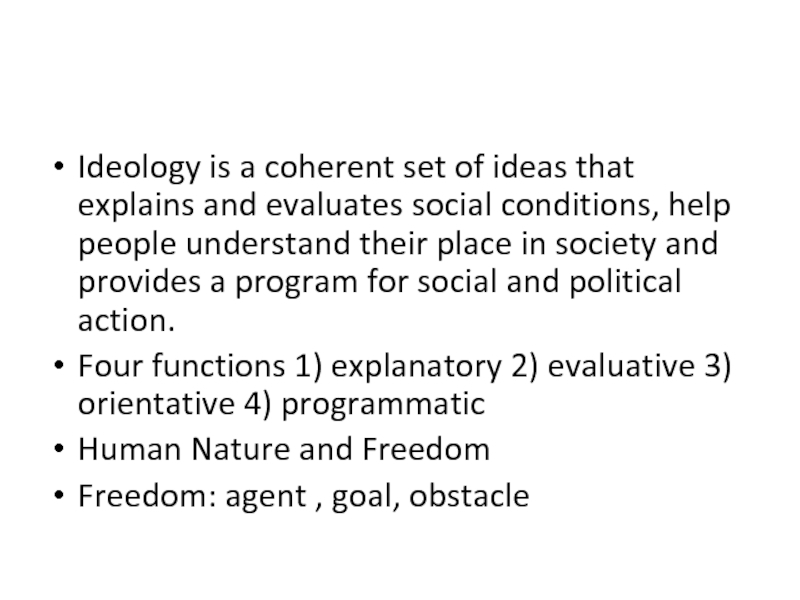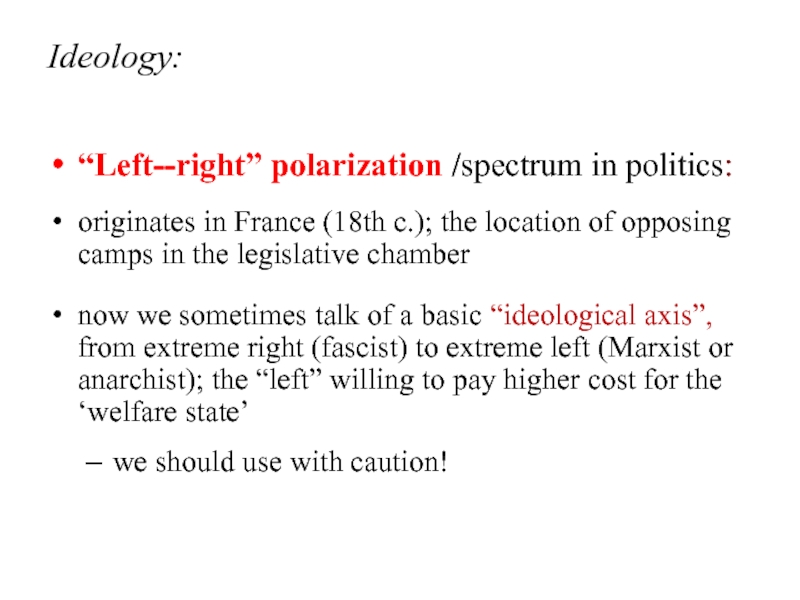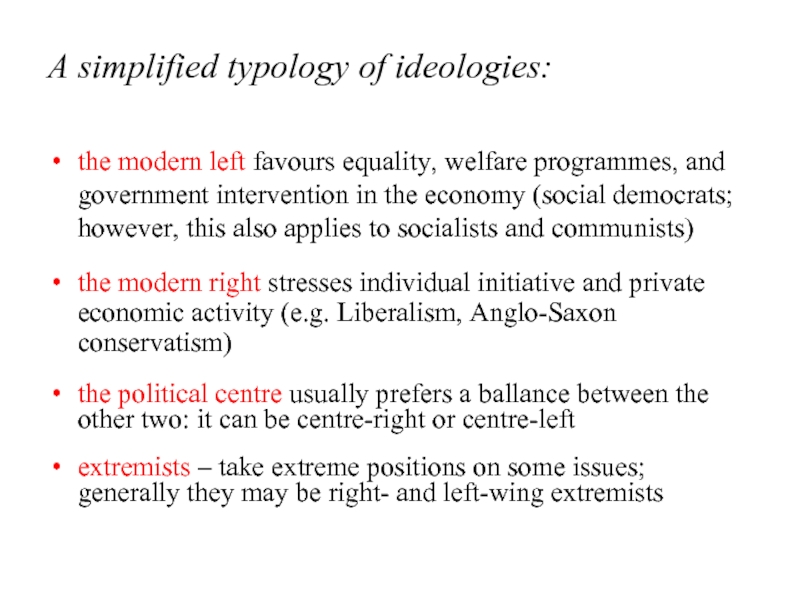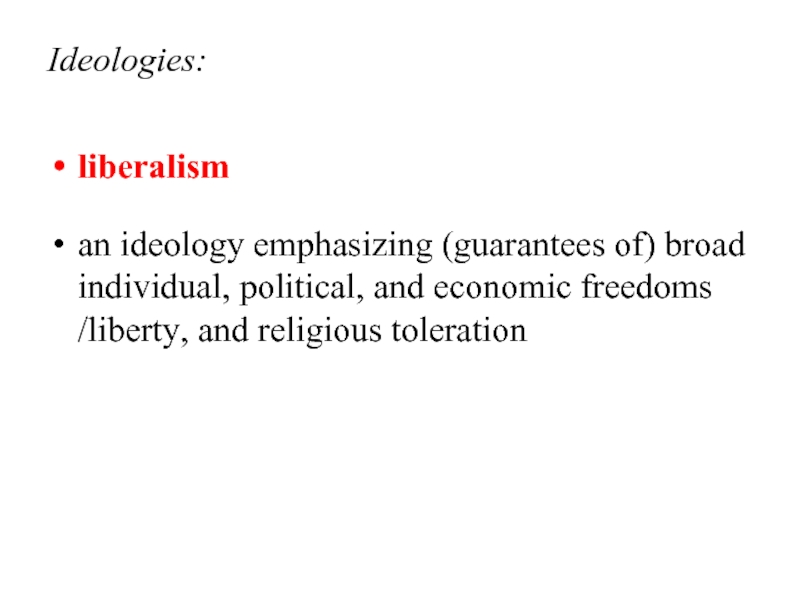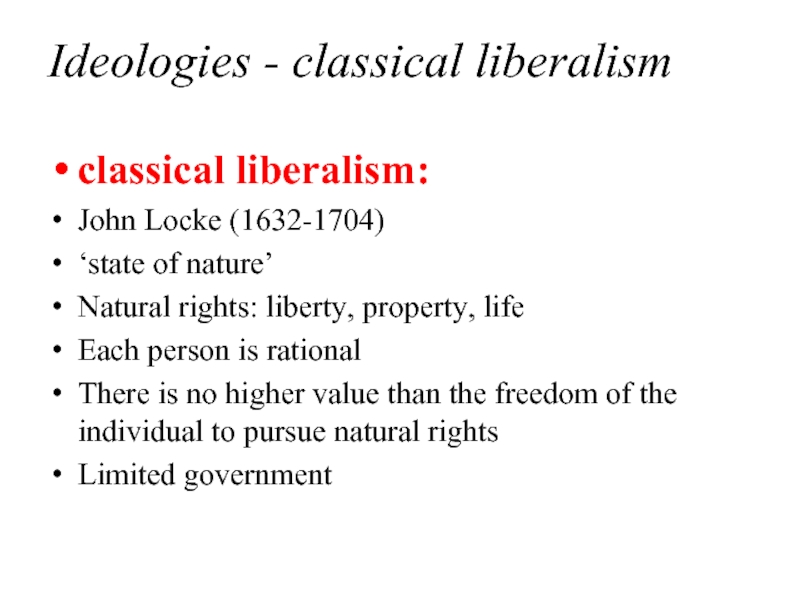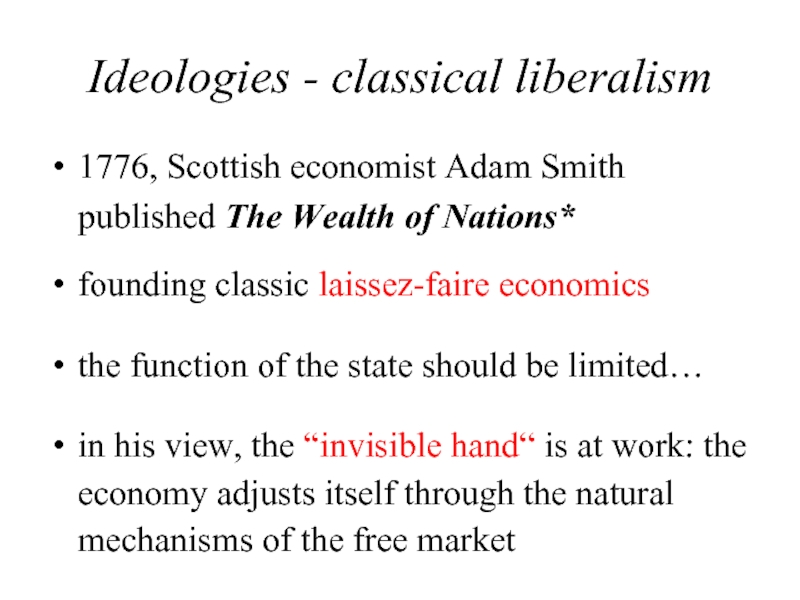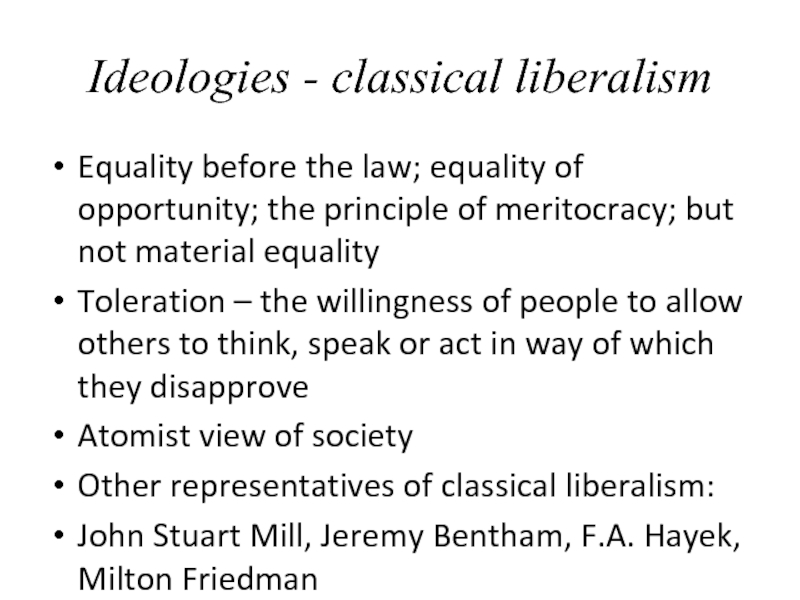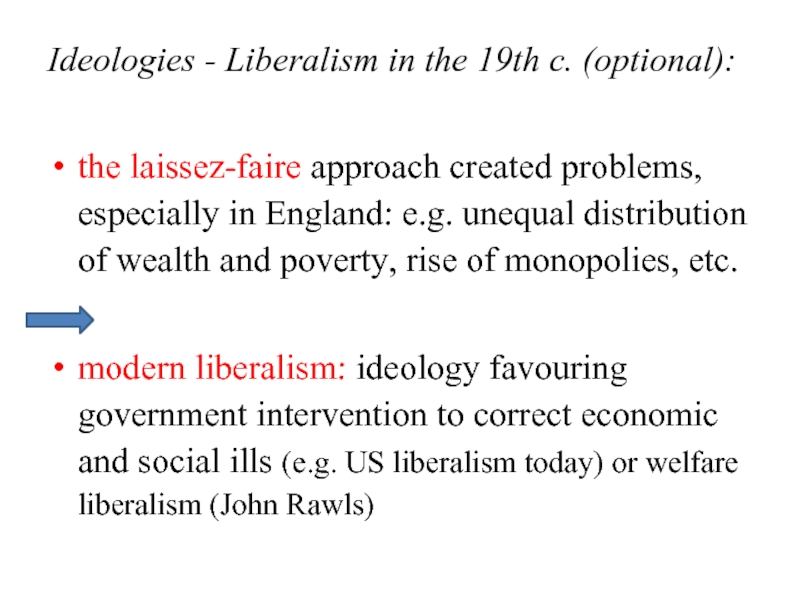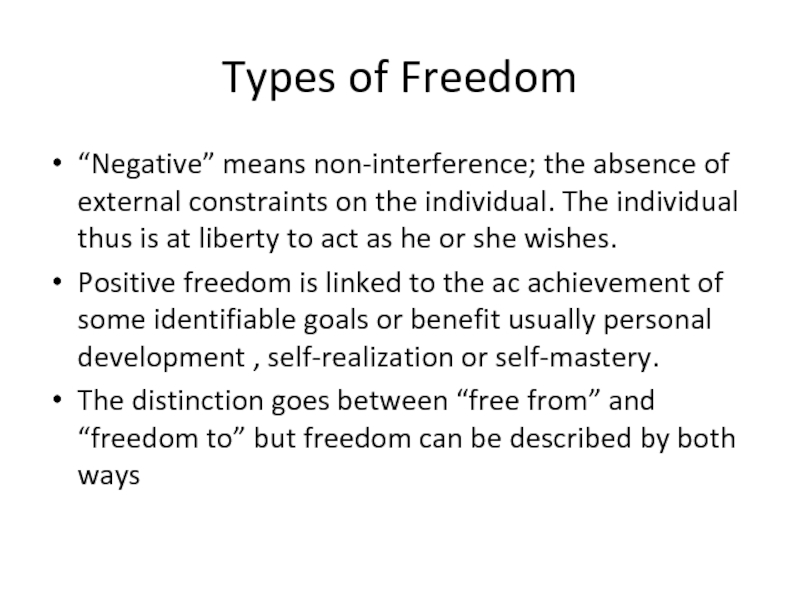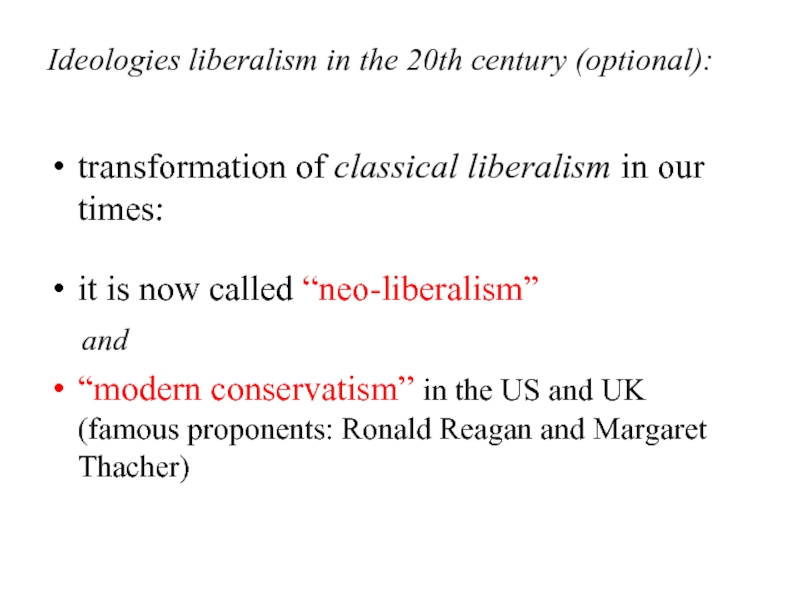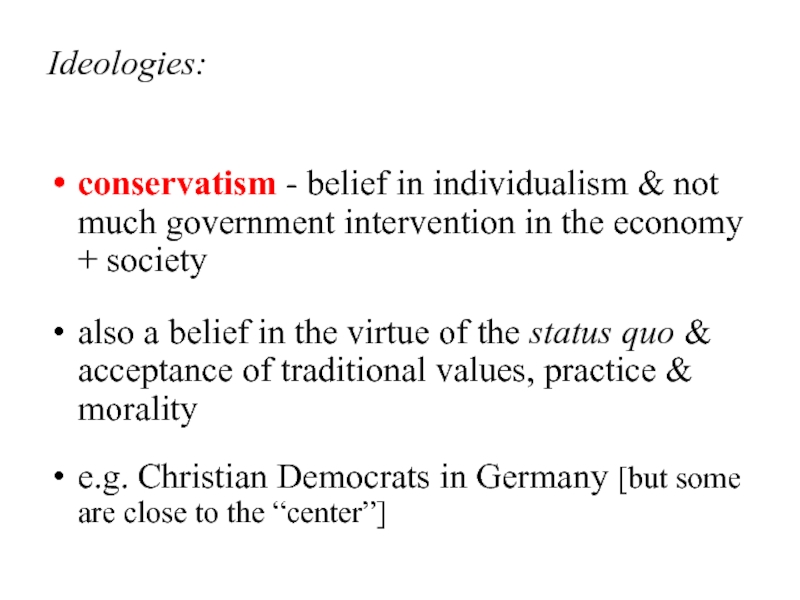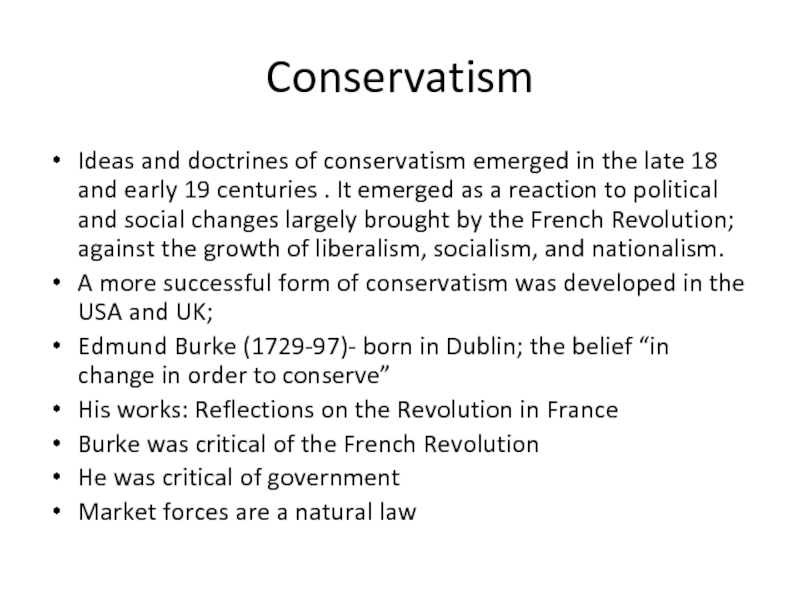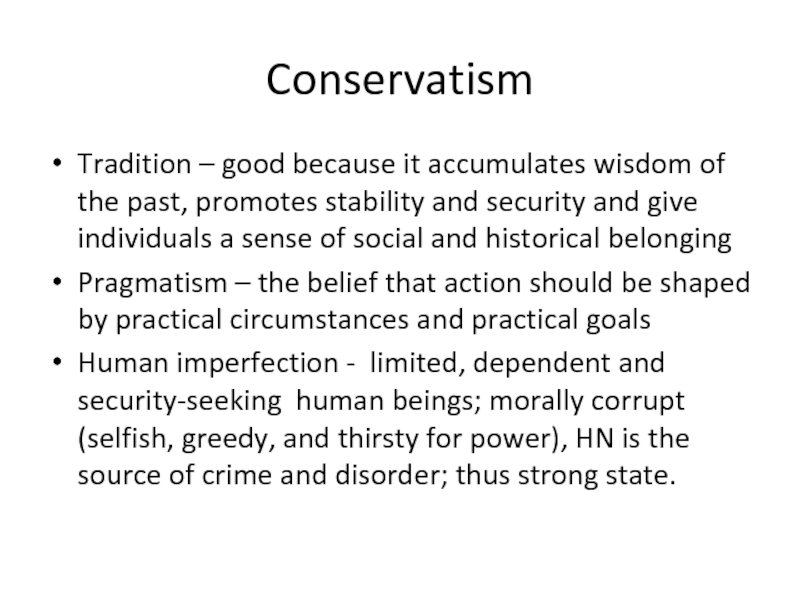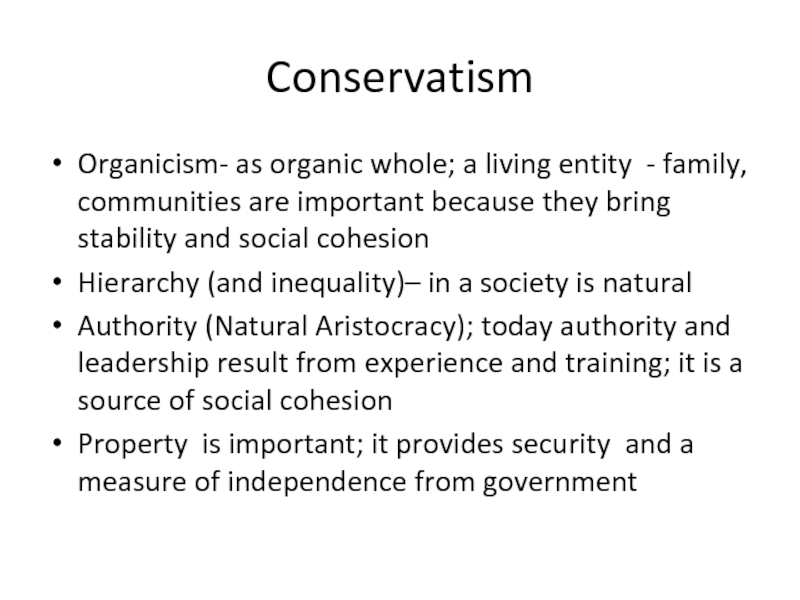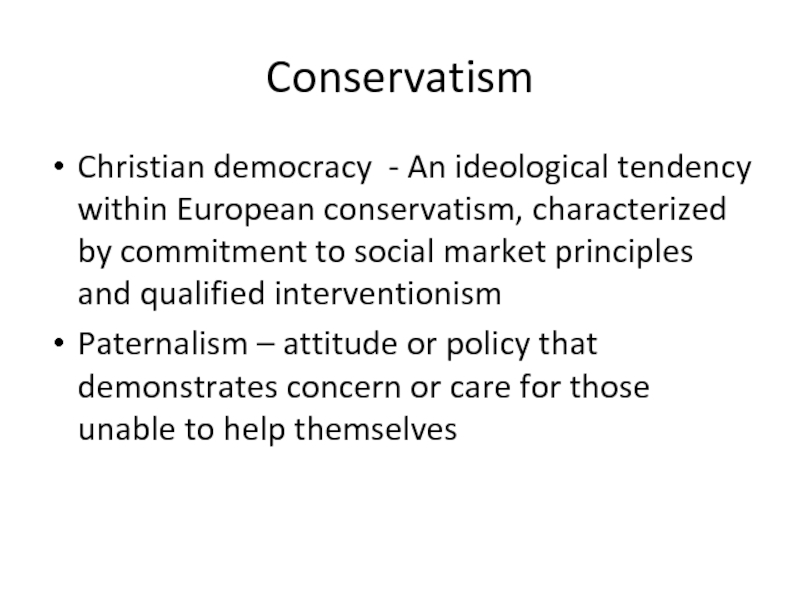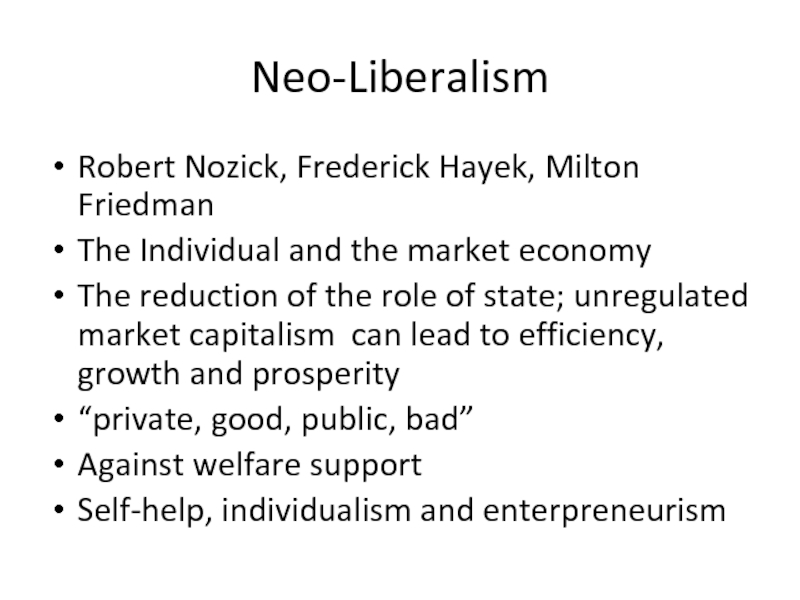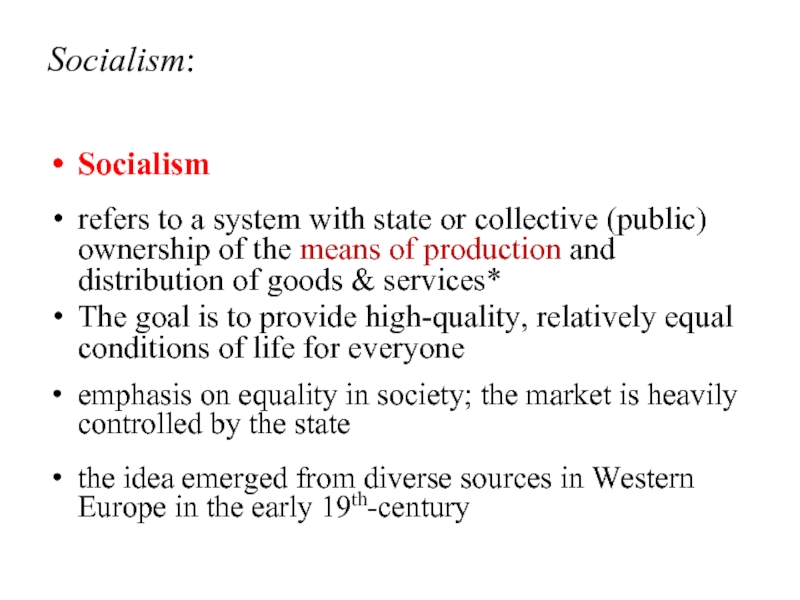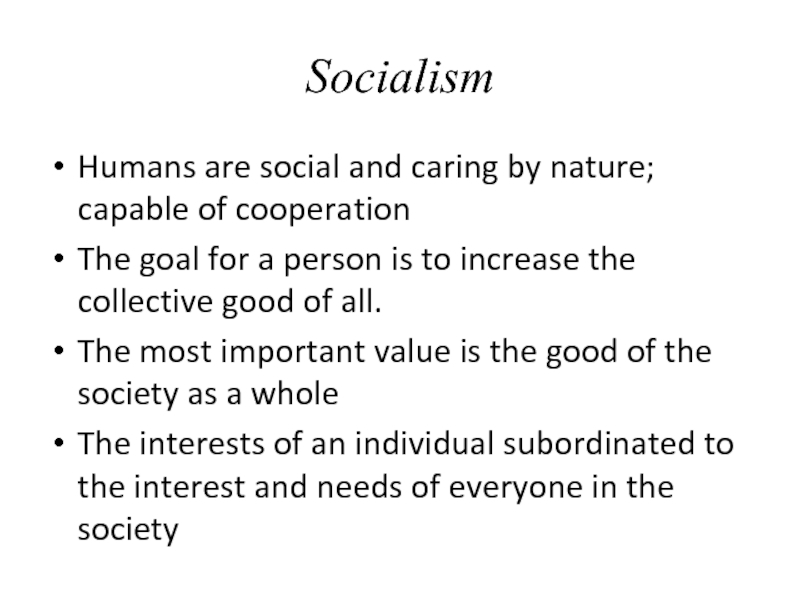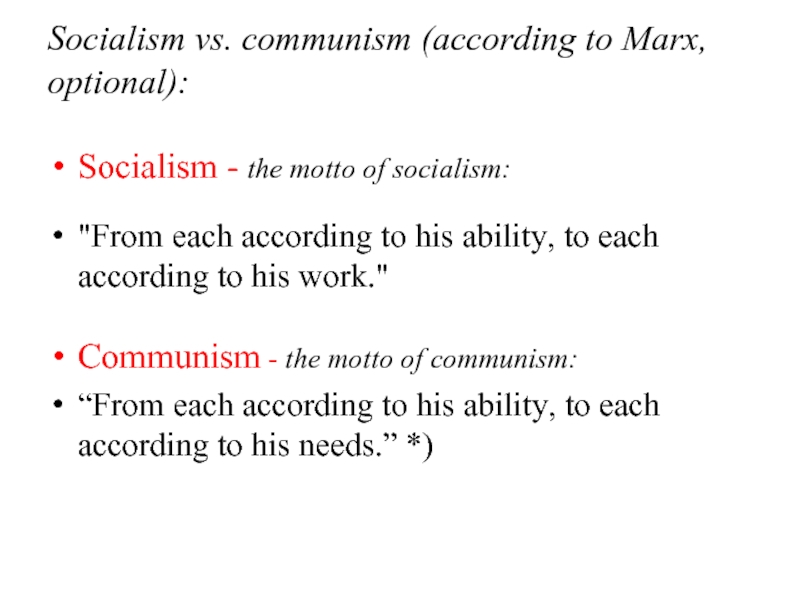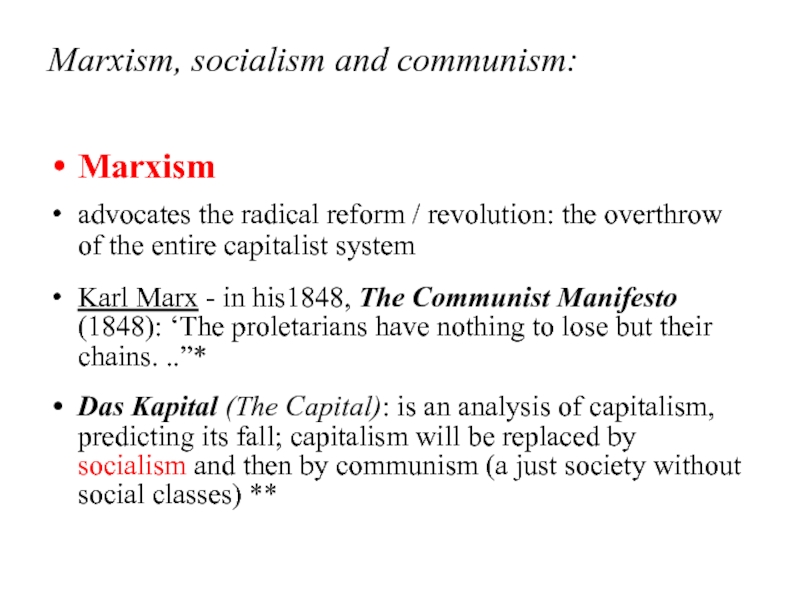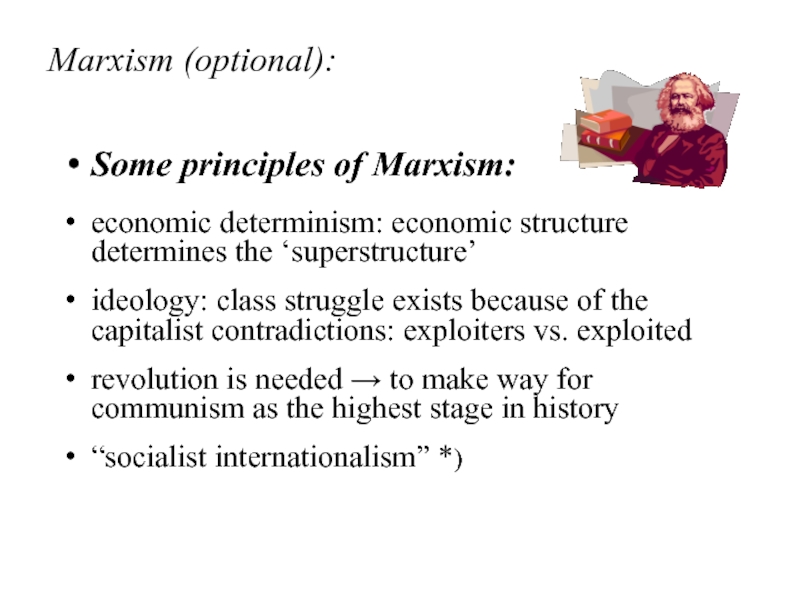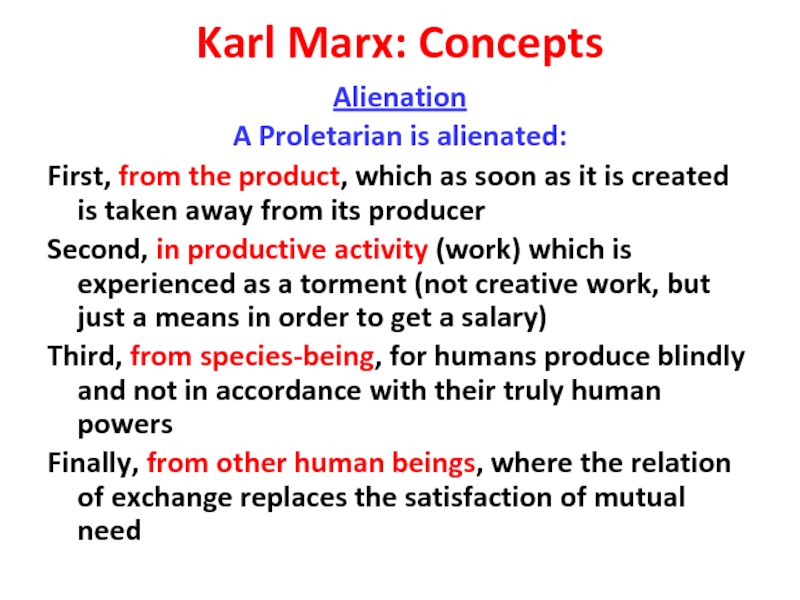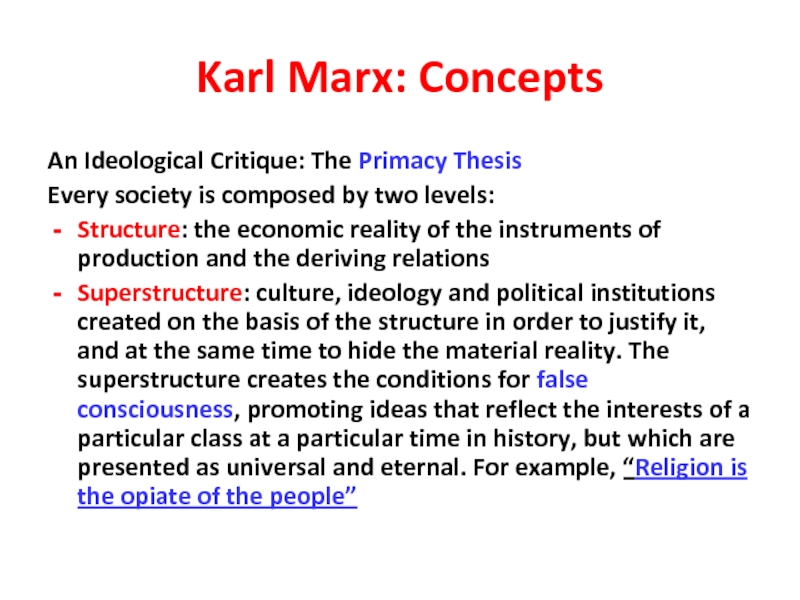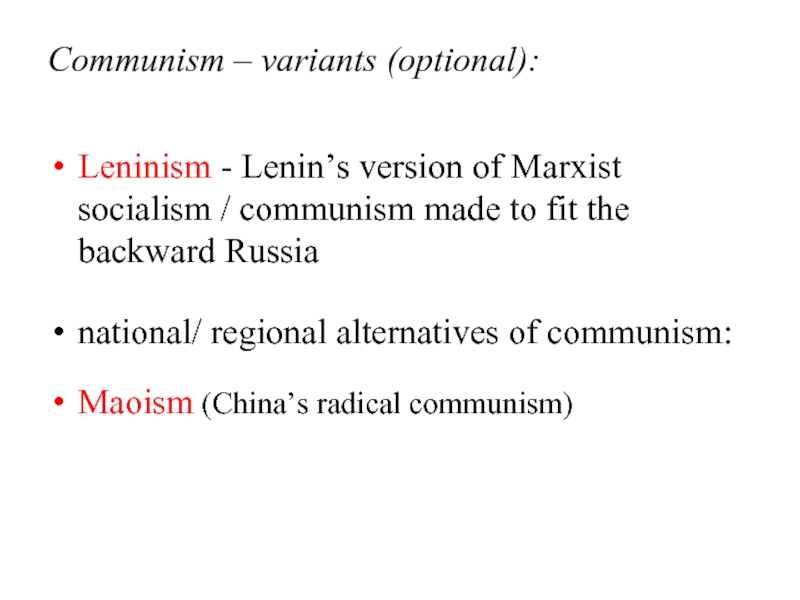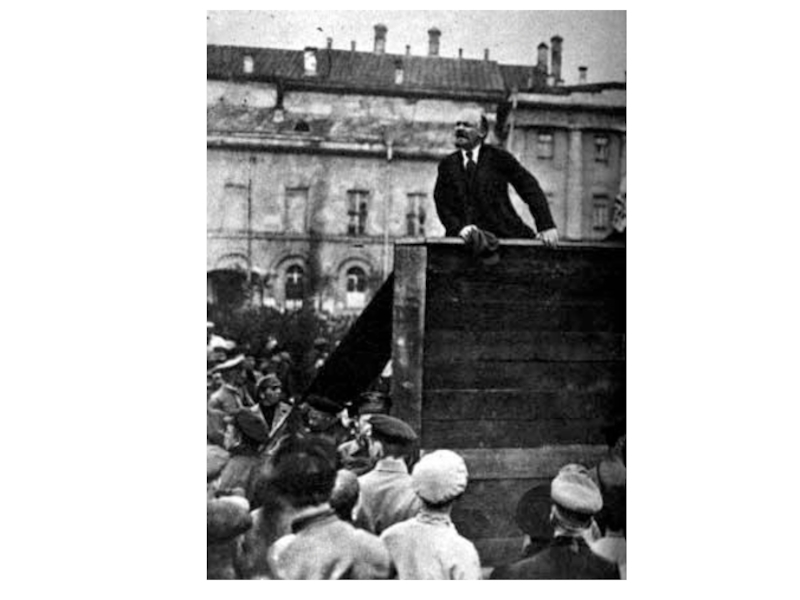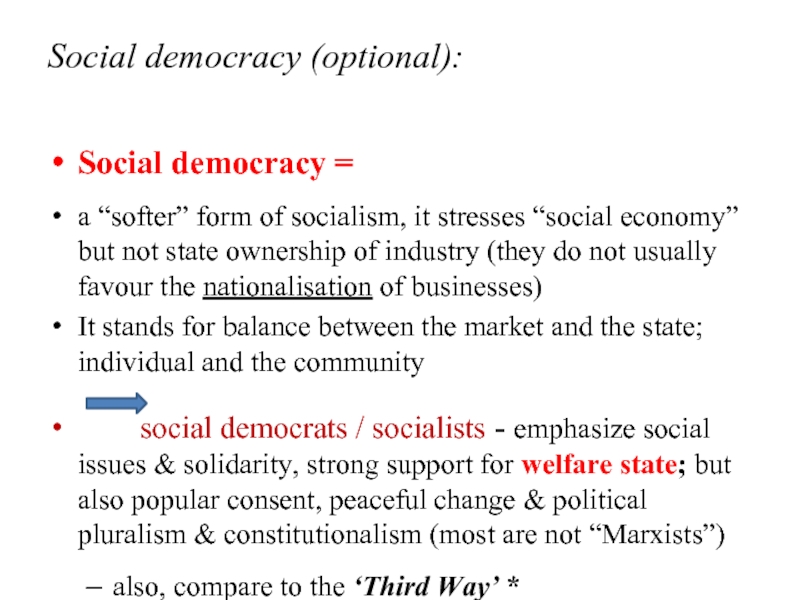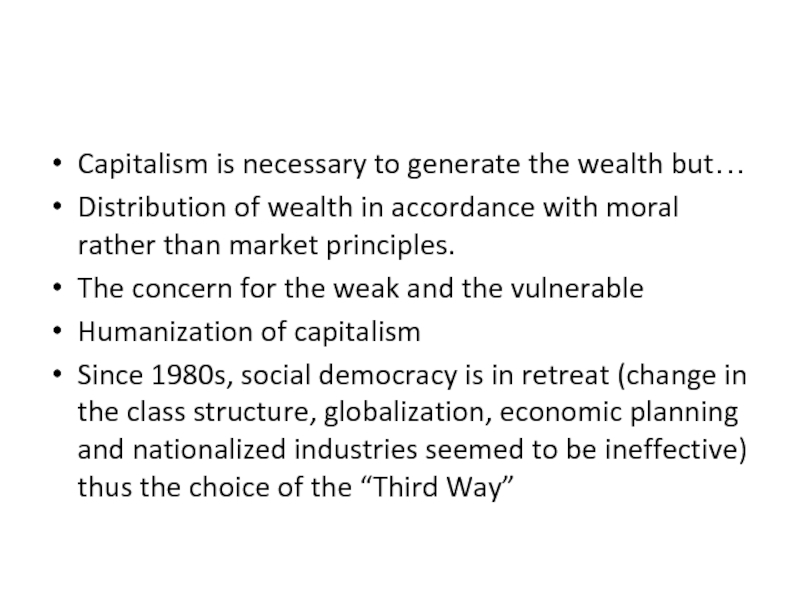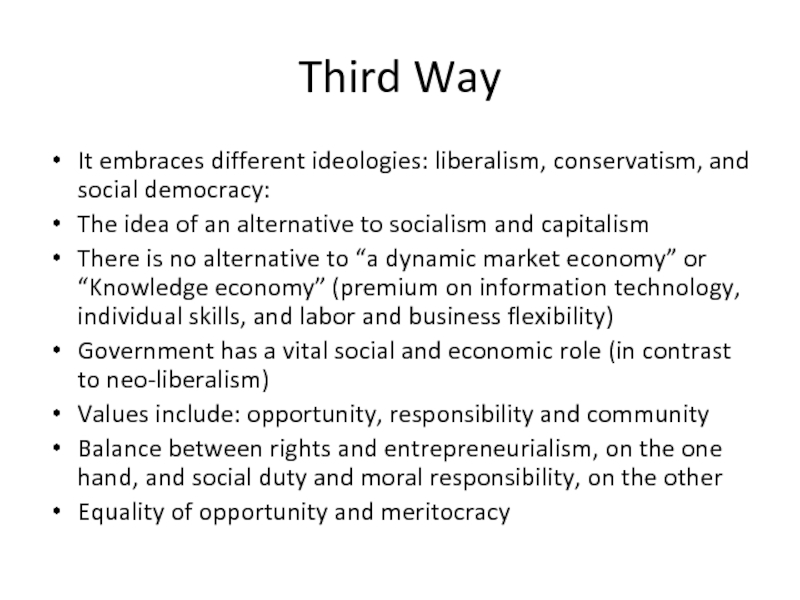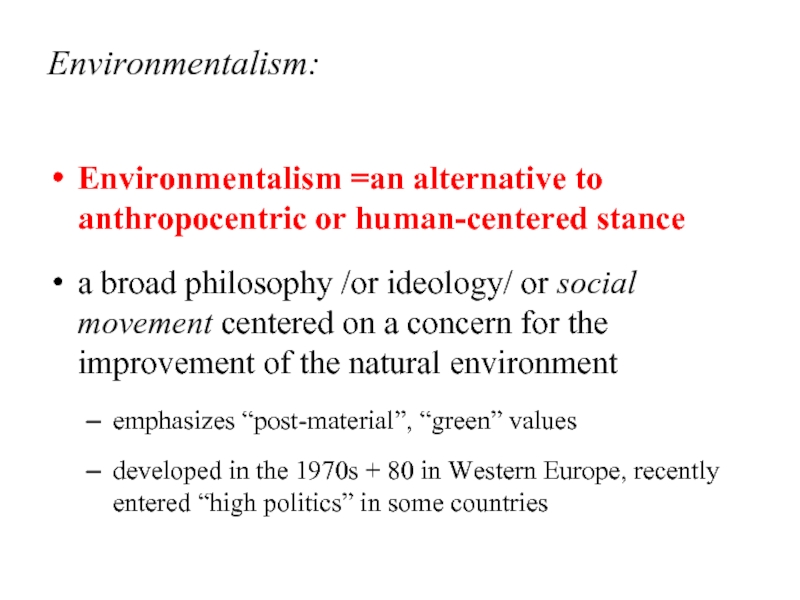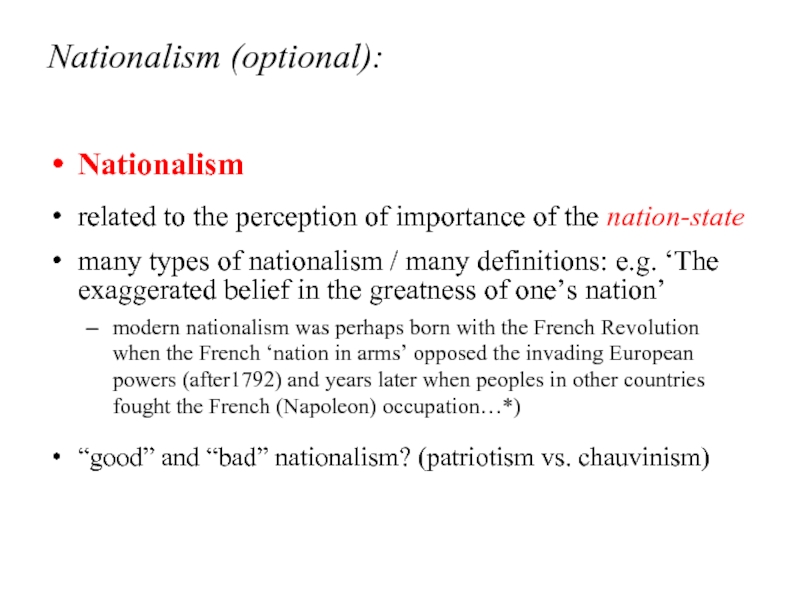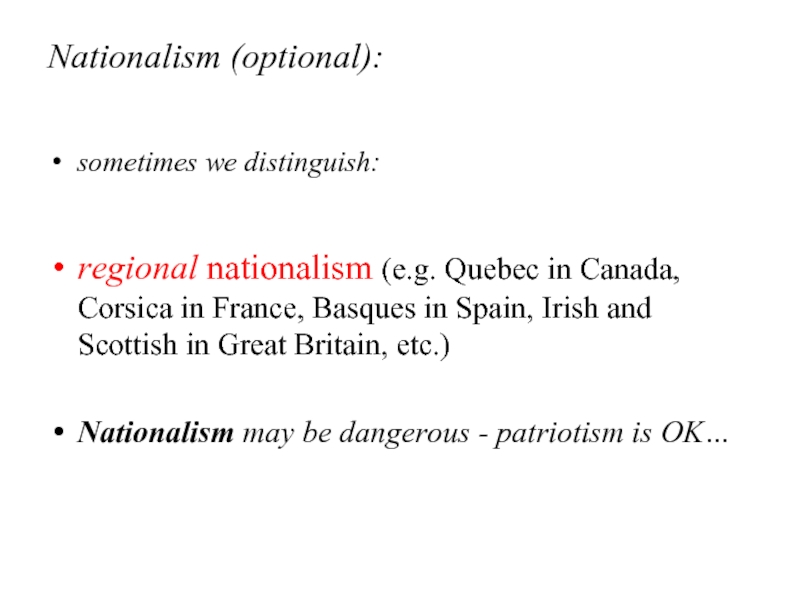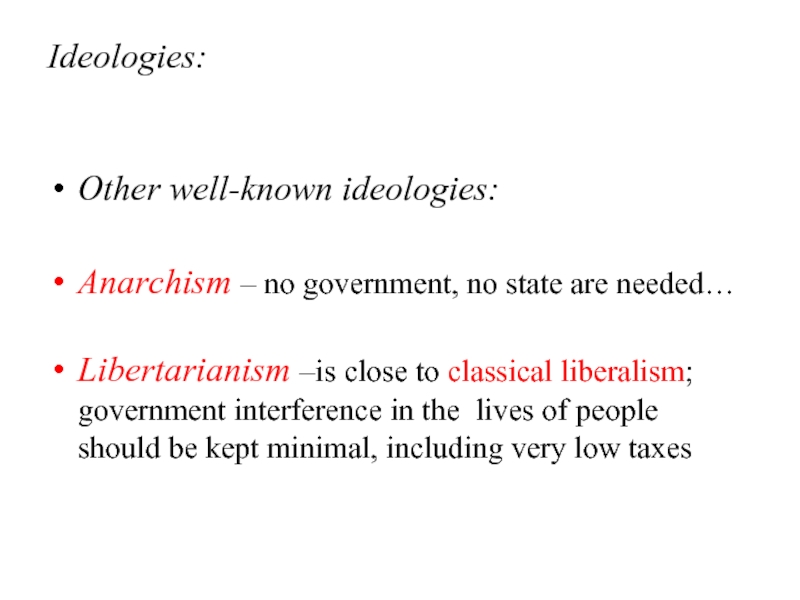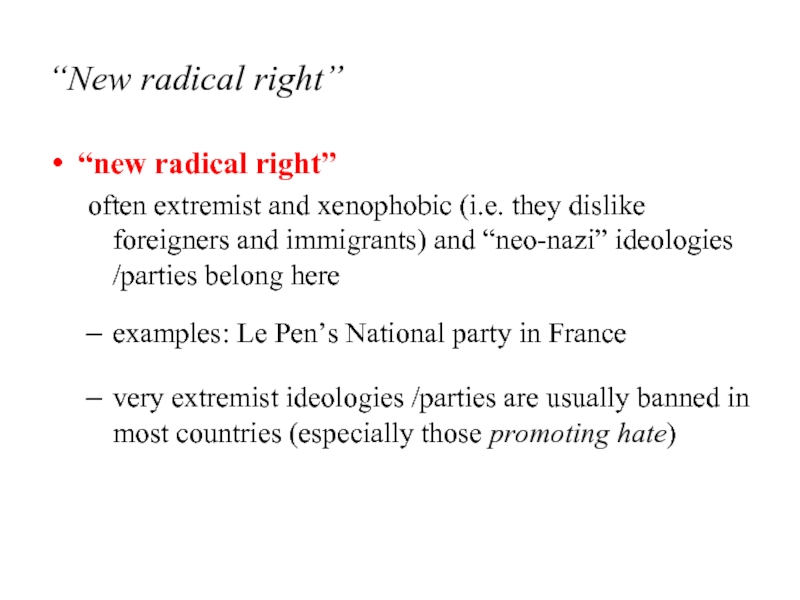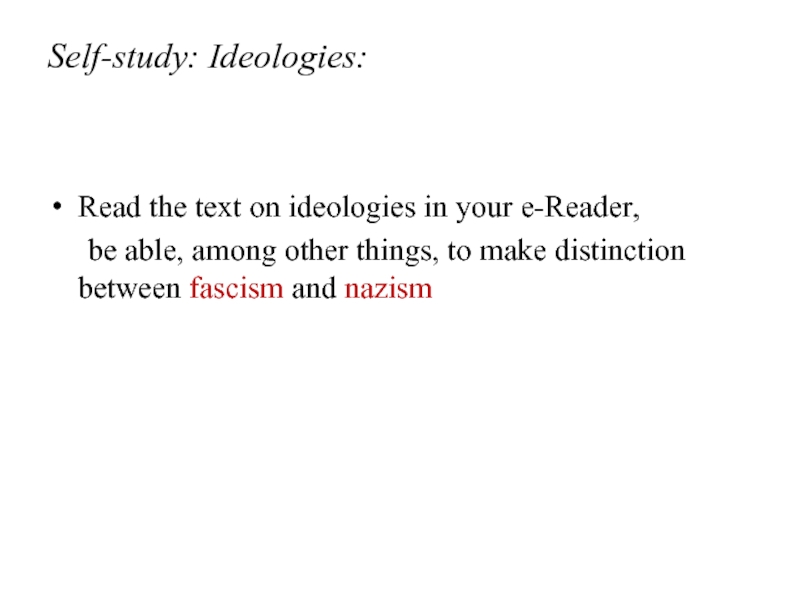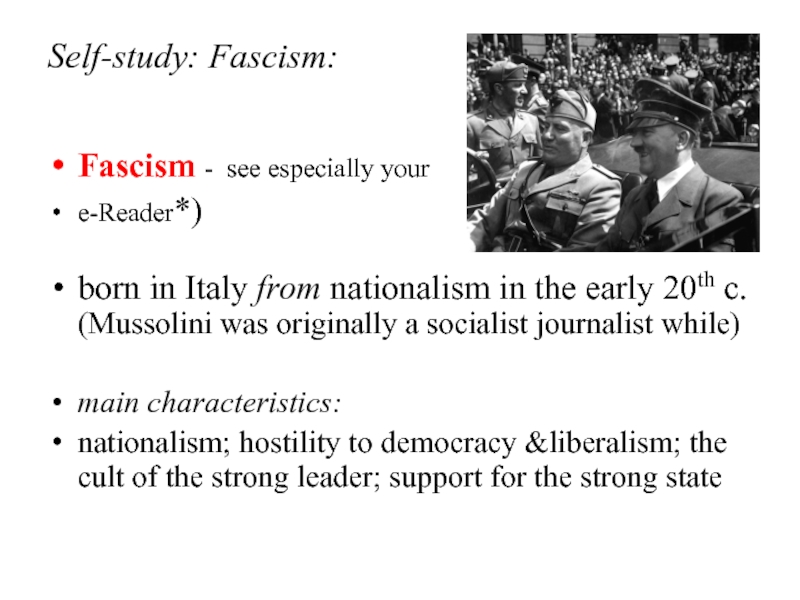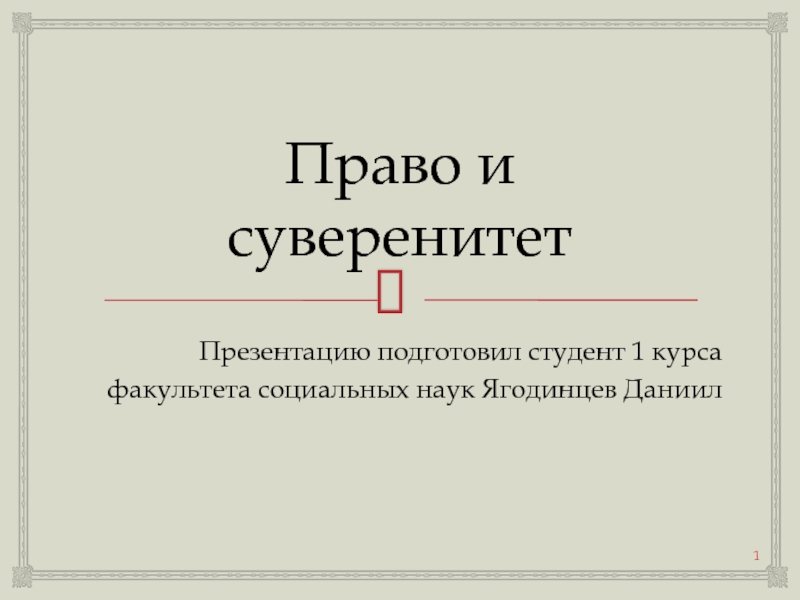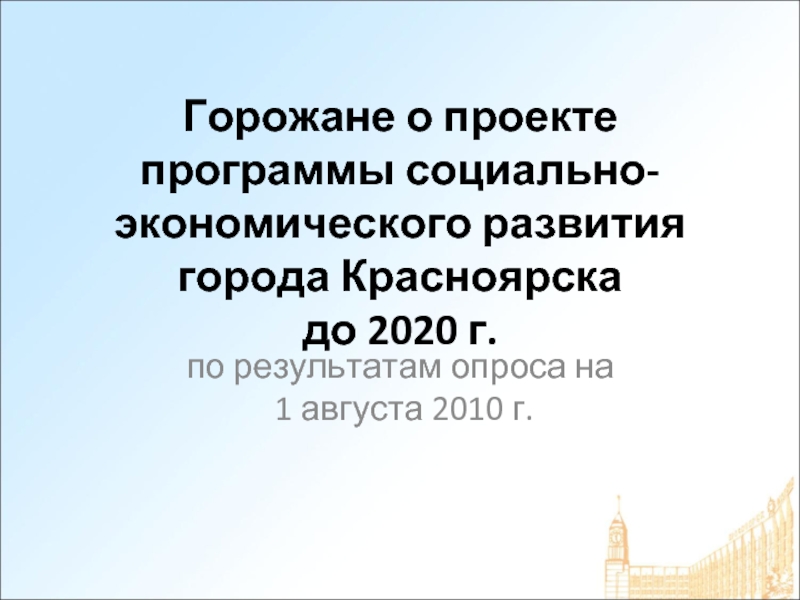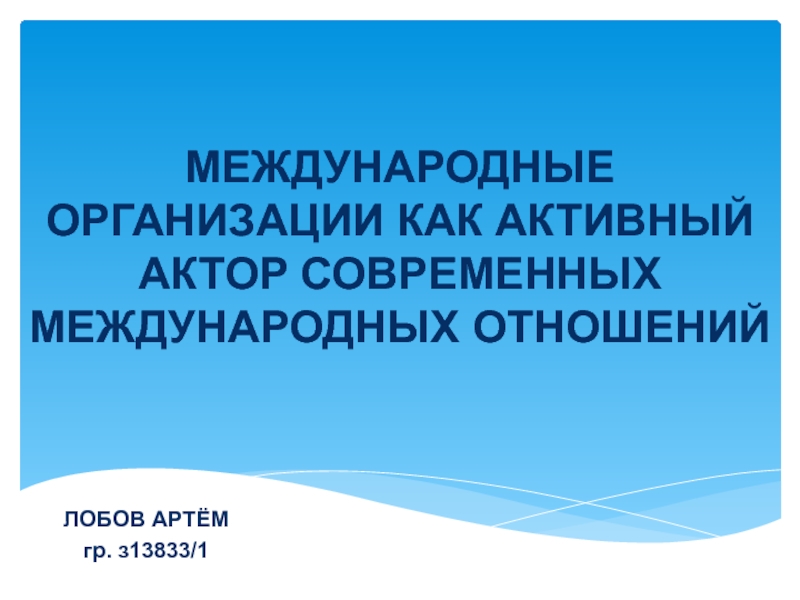- Главная
- Разное
- Дизайн
- Бизнес и предпринимательство
- Аналитика
- Образование
- Развлечения
- Красота и здоровье
- Финансы
- Государство
- Путешествия
- Спорт
- Недвижимость
- Армия
- Графика
- Культурология
- Еда и кулинария
- Лингвистика
- Английский язык
- Астрономия
- Алгебра
- Биология
- География
- Детские презентации
- Информатика
- История
- Литература
- Маркетинг
- Математика
- Медицина
- Менеджмент
- Музыка
- МХК
- Немецкий язык
- ОБЖ
- Обществознание
- Окружающий мир
- Педагогика
- Русский язык
- Технология
- Физика
- Философия
- Химия
- Шаблоны, картинки для презентаций
- Экология
- Экономика
- Юриспруденция
Traditional and modern ideologies презентация
Содержание
- 1. Traditional and modern ideologies
- 2. Ideology and political culture: In a
- 3. Ideology: What is ‘ideology’? =
- 4. Ideology is a coherent set of
- 5. Ideology: “Left--right” polarization /spectrum in politics:
- 6. A simplified typology of ideologies: the modern
- 7. Ideologies: liberalism an ideology emphasizing
- 8. Ideologies - classical liberalism classical liberalism: John
- 9. Ideologies - classical liberalism 1776, Scottish economist
- 10. Ideologies - classical liberalism Equality before the
- 11. Ideologies - Liberalism in the 19th c.
- 12. Types of Freedom “Negative” means non-interference; the
- 13. Ideologies liberalism in the 20th century (optional):
- 14. Ideologies: conservatism - belief in individualism
- 15. Conservatism Ideas and doctrines of conservatism emerged
- 16. Conservatism Tradition – good because it accumulates
- 17. Conservatism Organicism- as organic whole; a living
- 18. Conservatism Christian democracy - An ideological tendency
- 19. Neo-Liberalism Robert Nozick, Frederick Hayek, Milton Friedman
- 20. Socialism: Socialism refers to a system
- 21. Socialism Humans are social and caring by
- 22. Socialism vs. communism (according to Marx, optional):
- 23. Marxism, socialism and communism: Marxism advocates
- 24. Marxism (optional): Some principles of Marxism:
- 25. Karl Marx: Concepts Alienation A Proletarian is
- 26. Karl Marx: Concepts An Ideological Critique: The
- 27. Communism – variants (optional): Leninism - Lenin’s
- 28. ???
- 29. Social democracy (optional): Social democracy =
- 30. Capitalism is necessary to generate the
- 31. Third Way It embraces different ideologies: liberalism,
- 32. Environmentalism: Environmentalism =an alternative to anthropocentric or
- 33. Nationalism (optional): Nationalism related to the
- 34. Nationalism (optional): sometimes we distinguish:
- 35. Ideologies: Other well-known ideologies: Anarchism
- 36. “New radical right” “new radical right”
- 37. Self-study: Ideologies: Read the text on
- 38. Self-study: Fascism: Fascism - see especially your
Слайд 2Ideology and political culture:
In a society / in a state, different
people and different groups of people live… they
have different values, beliefs, opinions, etc.,
regarding what is best for them and society and regarding their place in the world, they support different solutions to their and their country’s problems…
→ they may adopt different ideologies…
have different values, beliefs, opinions, etc.,
regarding what is best for them and society and regarding their place in the world, they support different solutions to their and their country’s problems…
→ they may adopt different ideologies…
Слайд 3Ideology:
What is ‘ideology’?
= a set of fundamental beliefs & values
about how human affairs should be managed (originally mostly class-based)
or: the whole worldview built mostly around several specific ideas…
A political ideology is a comprehensive set of beliefs about the political world - about political desirable goals and the best ways to achieve those goals
traditionally, there is a link between ideologies and political parties… - i.e. many political parties refer to a particular ideology)
or: the whole worldview built mostly around several specific ideas…
A political ideology is a comprehensive set of beliefs about the political world - about political desirable goals and the best ways to achieve those goals
traditionally, there is a link between ideologies and political parties… - i.e. many political parties refer to a particular ideology)
Слайд 4
Ideology is a coherent set of ideas that explains and evaluates
social conditions, help people understand their place in society and provides a program for social and political action.
Four functions 1) explanatory 2) evaluative 3) orientative 4) programmatic
Human Nature and Freedom
Freedom: agent , goal, obstacle
Four functions 1) explanatory 2) evaluative 3) orientative 4) programmatic
Human Nature and Freedom
Freedom: agent , goal, obstacle
Слайд 5Ideology:
“Left--right” polarization /spectrum in politics:
originates in France (18th c.); the location
of opposing camps in the legislative chamber
now we sometimes talk of a basic “ideological axis”, from extreme right (fascist) to extreme left (Marxist or anarchist); the “left” willing to pay higher cost for the ‘welfare state’
we should use with caution!
now we sometimes talk of a basic “ideological axis”, from extreme right (fascist) to extreme left (Marxist or anarchist); the “left” willing to pay higher cost for the ‘welfare state’
we should use with caution!
Слайд 6A simplified typology of ideologies:
the modern left favours equality, welfare programmes,
and government intervention in the economy (social democrats; however, this also applies to socialists and communists)
the modern right stresses individual initiative and private economic activity (e.g. Liberalism, Anglo-Saxon conservatism)
the political centre usually prefers a ballance between the other two: it can be centre-right or centre-left
extremists – take extreme positions on some issues; generally they may be right- and left-wing extremists
the modern right stresses individual initiative and private economic activity (e.g. Liberalism, Anglo-Saxon conservatism)
the political centre usually prefers a ballance between the other two: it can be centre-right or centre-left
extremists – take extreme positions on some issues; generally they may be right- and left-wing extremists
Слайд 7Ideologies:
liberalism
an ideology emphasizing (guarantees of) broad individual, political, and economic
freedoms /liberty, and religious toleration
Слайд 8Ideologies - classical liberalism
classical liberalism:
John Locke (1632-1704)
‘state of nature’
Natural rights: liberty,
property, life
Each person is rational
There is no higher value than the freedom of the individual to pursue natural rights
Limited government
Each person is rational
There is no higher value than the freedom of the individual to pursue natural rights
Limited government
Слайд 9Ideologies - classical liberalism
1776, Scottish economist Adam Smith published The Wealth
of Nations*
founding classic laissez-faire economics
the function of the state should be limited…
in his view, the “invisible hand“ is at work: the economy adjusts itself through the natural mechanisms of the free market
founding classic laissez-faire economics
the function of the state should be limited…
in his view, the “invisible hand“ is at work: the economy adjusts itself through the natural mechanisms of the free market
Слайд 10Ideologies - classical liberalism
Equality before the law; equality of opportunity; the
principle of meritocracy; but not material equality
Toleration – the willingness of people to allow others to think, speak or act in way of which they disapprove
Atomist view of society
Other representatives of classical liberalism:
John Stuart Mill, Jeremy Bentham, F.A. Hayek, Milton Friedman
Toleration – the willingness of people to allow others to think, speak or act in way of which they disapprove
Atomist view of society
Other representatives of classical liberalism:
John Stuart Mill, Jeremy Bentham, F.A. Hayek, Milton Friedman
Слайд 11Ideologies - Liberalism in the 19th c. (optional):
the laissez-faire approach created
problems, especially in England: e.g. unequal distribution of wealth and poverty, rise of monopolies, etc.
modern liberalism: ideology favouring government intervention to correct economic and social ills (e.g. US liberalism today) or welfare liberalism (John Rawls)
modern liberalism: ideology favouring government intervention to correct economic and social ills (e.g. US liberalism today) or welfare liberalism (John Rawls)
Слайд 12Types of Freedom
“Negative” means non-interference; the absence of external constraints on
the individual. The individual thus is at liberty to act as he or she wishes.
Positive freedom is linked to the ac achievement of some identifiable goals or benefit usually personal development , self-realization or self-mastery.
The distinction goes between “free from” and “freedom to” but freedom can be described by both ways
Positive freedom is linked to the ac achievement of some identifiable goals or benefit usually personal development , self-realization or self-mastery.
The distinction goes between “free from” and “freedom to” but freedom can be described by both ways
Слайд 13Ideologies liberalism in the 20th century (optional):
transformation of classical liberalism in
our times:
it is now called “neo-liberalism”
and
“modern conservatism” in the US and UK (famous proponents: Ronald Reagan and Margaret Thacher)
it is now called “neo-liberalism”
and
“modern conservatism” in the US and UK (famous proponents: Ronald Reagan and Margaret Thacher)
Слайд 14Ideologies:
conservatism - belief in individualism & not much government intervention in
the economy + society
also a belief in the virtue of the status quo & acceptance of traditional values, practice & morality
e.g. Christian Democrats in Germany [but some are close to the “center”]
also a belief in the virtue of the status quo & acceptance of traditional values, practice & morality
e.g. Christian Democrats in Germany [but some are close to the “center”]
Слайд 15Conservatism
Ideas and doctrines of conservatism emerged in the late 18 and
early 19 centuries . It emerged as a reaction to political and social changes largely brought by the French Revolution; against the growth of liberalism, socialism, and nationalism.
A more successful form of conservatism was developed in the USA and UK;
Edmund Burke (1729-97)- born in Dublin; the belief “in change in order to conserve”
His works: Reflections on the Revolution in France
Burke was critical of the French Revolution
He was critical of government
Market forces are a natural law
A more successful form of conservatism was developed in the USA and UK;
Edmund Burke (1729-97)- born in Dublin; the belief “in change in order to conserve”
His works: Reflections on the Revolution in France
Burke was critical of the French Revolution
He was critical of government
Market forces are a natural law
Слайд 16Conservatism
Tradition – good because it accumulates wisdom of the past, promotes
stability and security and give individuals a sense of social and historical belonging
Pragmatism – the belief that action should be shaped by practical circumstances and practical goals
Human imperfection - limited, dependent and security-seeking human beings; morally corrupt (selfish, greedy, and thirsty for power), HN is the source of crime and disorder; thus strong state.
Pragmatism – the belief that action should be shaped by practical circumstances and practical goals
Human imperfection - limited, dependent and security-seeking human beings; morally corrupt (selfish, greedy, and thirsty for power), HN is the source of crime and disorder; thus strong state.
Слайд 17Conservatism
Organicism- as organic whole; a living entity - family, communities are
important because they bring stability and social cohesion
Hierarchy (and inequality)– in a society is natural
Authority (Natural Aristocracy); today authority and leadership result from experience and training; it is a source of social cohesion
Property is important; it provides security and a measure of independence from government
Hierarchy (and inequality)– in a society is natural
Authority (Natural Aristocracy); today authority and leadership result from experience and training; it is a source of social cohesion
Property is important; it provides security and a measure of independence from government
Слайд 18Conservatism
Christian democracy - An ideological tendency within European conservatism, characterized by
commitment to social market principles and qualified interventionism
Paternalism – attitude or policy that demonstrates concern or care for those unable to help themselves
Paternalism – attitude or policy that demonstrates concern or care for those unable to help themselves
Слайд 19Neo-Liberalism
Robert Nozick, Frederick Hayek, Milton Friedman
The Individual and the market economy
The reduction of the role of state; unregulated market capitalism can lead to efficiency, growth and prosperity
“private, good, public, bad”
Against welfare support
Self-help, individualism and enterpreneurism
Слайд 20Socialism:
Socialism
refers to a system with state or collective (public) ownership of
the means of production and distribution of goods & services*
The goal is to provide high-quality, relatively equal conditions of life for everyone
emphasis on equality in society; the market is heavily controlled by the state
the idea emerged from diverse sources in Western Europe in the early 19th-century
The goal is to provide high-quality, relatively equal conditions of life for everyone
emphasis on equality in society; the market is heavily controlled by the state
the idea emerged from diverse sources in Western Europe in the early 19th-century
Слайд 21Socialism
Humans are social and caring by nature; capable of cooperation
The
goal for a person is to increase the collective good of all.
The most important value is the good of the society as a whole
The interests of an individual subordinated to the interest and needs of everyone in the society
The most important value is the good of the society as a whole
The interests of an individual subordinated to the interest and needs of everyone in the society
Слайд 22Socialism vs. communism (according to Marx, optional):
Socialism - the motto of
socialism:
"From each according to his ability, to each according to his work."
Communism - the motto of communism:
“From each according to his ability, to each according to his needs.” *)
"From each according to his ability, to each according to his work."
Communism - the motto of communism:
“From each according to his ability, to each according to his needs.” *)
Слайд 23Marxism, socialism and communism:
Marxism
advocates the radical reform / revolution: the overthrow
of the entire capitalist system
Karl Marx - in his1848, The Communist Manifesto (1848): ‘The proletarians have nothing to lose but their chains. ..”*
Das Kapital (The Capital): is an analysis of capitalism, predicting its fall; capitalism will be replaced by socialism and then by communism (a just society without social classes) **
Karl Marx - in his1848, The Communist Manifesto (1848): ‘The proletarians have nothing to lose but their chains. ..”*
Das Kapital (The Capital): is an analysis of capitalism, predicting its fall; capitalism will be replaced by socialism and then by communism (a just society without social classes) **
Слайд 24Marxism (optional):
Some principles of Marxism:
economic determinism: economic structure determines the ‘superstructure’
ideology:
class struggle exists because of the capitalist contradictions: exploiters vs. exploited
revolution is needed → to make way for communism as the highest stage in history
“socialist internationalism” *)
revolution is needed → to make way for communism as the highest stage in history
“socialist internationalism” *)
Слайд 25Karl Marx: Concepts
Alienation
A Proletarian is alienated:
First, from the product, which as
soon as it is created is taken away from its producer
Second, in productive activity (work) which is experienced as a torment (not creative work, but just a means in order to get a salary)
Third, from species-being, for humans produce blindly and not in accordance with their truly human powers
Finally, from other human beings, where the relation of exchange replaces the satisfaction of mutual need
Second, in productive activity (work) which is experienced as a torment (not creative work, but just a means in order to get a salary)
Third, from species-being, for humans produce blindly and not in accordance with their truly human powers
Finally, from other human beings, where the relation of exchange replaces the satisfaction of mutual need
Слайд 26Karl Marx: Concepts
An Ideological Critique: The Primacy Thesis
Every society is composed
by two levels:
Structure: the economic reality of the instruments of production and the deriving relations
Superstructure: culture, ideology and political institutions created on the basis of the structure in order to justify it, and at the same time to hide the material reality. The superstructure creates the conditions for false consciousness, promoting ideas that reflect the interests of a particular class at a particular time in history, but which are presented as universal and eternal. For example, “Religion is the opiate of the people”
Structure: the economic reality of the instruments of production and the deriving relations
Superstructure: culture, ideology and political institutions created on the basis of the structure in order to justify it, and at the same time to hide the material reality. The superstructure creates the conditions for false consciousness, promoting ideas that reflect the interests of a particular class at a particular time in history, but which are presented as universal and eternal. For example, “Religion is the opiate of the people”
Слайд 27Communism – variants (optional):
Leninism - Lenin’s version of Marxist socialism /
communism made to fit the backward Russia
national/ regional alternatives of communism:
Maoism (China’s radical communism)
national/ regional alternatives of communism:
Maoism (China’s radical communism)
Слайд 29Social democracy (optional):
Social democracy =
a “softer” form of socialism, it stresses
“social economy” but not state ownership of industry (they do not usually favour the nationalisation of businesses)
It stands for balance between the market and the state; individual and the community
social democrats / socialists - emphasize social issues & solidarity, strong support for welfare state; but also popular consent, peaceful change & political pluralism & constitutionalism (most are not “Marxists”)
also, compare to the ‘Third Way’ *
It stands for balance between the market and the state; individual and the community
social democrats / socialists - emphasize social issues & solidarity, strong support for welfare state; but also popular consent, peaceful change & political pluralism & constitutionalism (most are not “Marxists”)
also, compare to the ‘Third Way’ *
Слайд 30
Capitalism is necessary to generate the wealth but…
Distribution of wealth in
accordance with moral rather than market principles.
The concern for the weak and the vulnerable
Humanization of capitalism
Since 1980s, social democracy is in retreat (change in the class structure, globalization, economic planning and nationalized industries seemed to be ineffective) thus the choice of the “Third Way”
The concern for the weak and the vulnerable
Humanization of capitalism
Since 1980s, social democracy is in retreat (change in the class structure, globalization, economic planning and nationalized industries seemed to be ineffective) thus the choice of the “Third Way”
Слайд 31Third Way
It embraces different ideologies: liberalism, conservatism, and social democracy:
The idea
of an alternative to socialism and capitalism
There is no alternative to “a dynamic market economy” or “Knowledge economy” (premium on information technology, individual skills, and labor and business flexibility)
Government has a vital social and economic role (in contrast to neo-liberalism)
Values include: opportunity, responsibility and community
Balance between rights and entrepreneurialism, on the one hand, and social duty and moral responsibility, on the other
Equality of opportunity and meritocracy
There is no alternative to “a dynamic market economy” or “Knowledge economy” (premium on information technology, individual skills, and labor and business flexibility)
Government has a vital social and economic role (in contrast to neo-liberalism)
Values include: opportunity, responsibility and community
Balance between rights and entrepreneurialism, on the one hand, and social duty and moral responsibility, on the other
Equality of opportunity and meritocracy
Слайд 32Environmentalism:
Environmentalism =an alternative to anthropocentric or human-centered stance
a broad philosophy /or
ideology/ or social movement centered on a concern for the improvement of the natural environment
emphasizes “post-material”, “green” values
developed in the 1970s + 80 in Western Europe, recently entered “high politics” in some countries
emphasizes “post-material”, “green” values
developed in the 1970s + 80 in Western Europe, recently entered “high politics” in some countries
Слайд 33Nationalism (optional):
Nationalism
related to the perception of importance of the nation-state
many types
of nationalism / many definitions: e.g. ‘The exaggerated belief in the greatness of one’s nation’
modern nationalism was perhaps born with the French Revolution when the French ‘nation in arms’ opposed the invading European powers (after1792) and years later when peoples in other countries fought the French (Napoleon) occupation…*)
“good” and “bad” nationalism? (patriotism vs. chauvinism)
modern nationalism was perhaps born with the French Revolution when the French ‘nation in arms’ opposed the invading European powers (after1792) and years later when peoples in other countries fought the French (Napoleon) occupation…*)
“good” and “bad” nationalism? (patriotism vs. chauvinism)
Слайд 34Nationalism (optional):
sometimes we distinguish:
regional nationalism (e.g. Quebec in Canada, Corsica in
France, Basques in Spain, Irish and Scottish in Great Britain, etc.)
Nationalism may be dangerous - patriotism is OK…
Nationalism may be dangerous - patriotism is OK…
Слайд 35Ideologies:
Other well-known ideologies:
Anarchism – no government, no state are needed…
Libertarianism –is
close to classical liberalism; government interference in the lives of people should be kept minimal, including very low taxes
Слайд 36
“New radical right”
“new radical right”
often extremist and xenophobic (i.e. they dislike
foreigners and immigrants) and “neo-nazi” ideologies /parties belong here
examples: Le Pen’s National party in France
very extremist ideologies /parties are usually banned in most countries (especially those promoting hate)
examples: Le Pen’s National party in France
very extremist ideologies /parties are usually banned in most countries (especially those promoting hate)
Слайд 37Self-study: Ideologies:
Read the text on ideologies in your e-Reader,
be able, among
other things, to make distinction between fascism and nazism
Слайд 38Self-study: Fascism:
Fascism - see especially your
e-Reader*)
born in Italy from nationalism in
the early 20th c. (Mussolini was originally a socialist journalist while)
main characteristics:
nationalism; hostility to democracy &liberalism; the cult of the strong leader; support for the strong state
main characteristics:
nationalism; hostility to democracy &liberalism; the cult of the strong leader; support for the strong state
